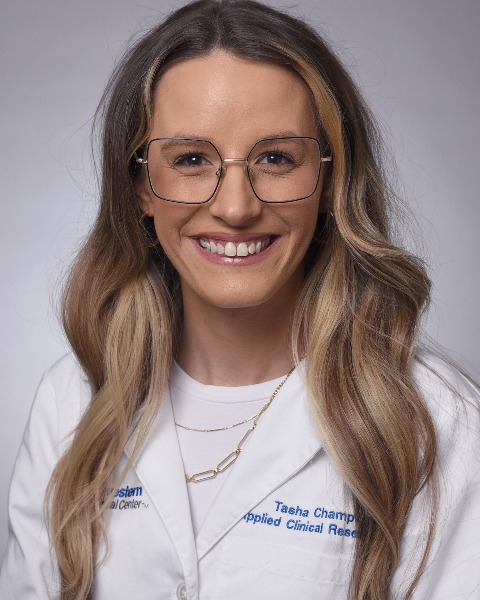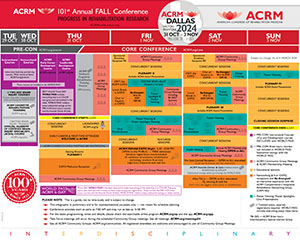
Tasha Champagne, PhD (she/her/hers)
Post-Doctoral Researcher
University of Texas Southwestern Medical Center
Garland, Texas, United States
NAME: Patricia Tasha Champagne
POSITION TITLE: Post-Doctoral Researcher
EDUCATION/TRAINING
University of Texas Southwestern Medical Center Ph.D. 08/2020-12/2023 Applied Clinical Research
University of Texas Southwestern Medical Center Post-Doctoral Researcher 01/2024-Present Physical Medicine & Rehabilitation
I am a research scientist with experience in both clinical and research neuropsychology. I have had 9 years of experience dedicated to psychological research in various populations and settings. My approach has included utilizing depression and anxiety symptomology and metabolic biomarkers, including tumor necrosis factor-alpha, interlukin-6, and complete lipid panels in the spinal cord injury population. I have conducted research in various clinical settings, level 1 trauma units, inpatient rehabilitation units, and long-term care facilities. My previous laboratories have had extensive experience in collecting and analyzing skin blood flow, biomarkers, and psychological questionnaires in people with spinal cord injury, Parkinson’s disease, burn patients and neurodegenerative diseases. In addition, I am also experienced in utilizing database for clinical outcome studies.
My primary career interest focus on becoming an independent researcher investigating the relationship of both physiological and neuropsychological outcomes including autonomic nervous system dysfunction and its impact on long-term health, quality of life, and function after TBI. My overall goal as a post-doctoral researcher includes the mastery of the technique to directly measure efferent muscle sympathetic nerve activity (MSNA) through doppler guided microneurography in the radial nerve of the arm. By adding high level physiological research techniques to my neuropsychology expertise, I will be uniquely suited to perform direct sympathetic measurements, evaluate autonomic function, and perform secondary physiological analysis such as arterial baroreflex, sympathetic transduction, heartrate and blood pressure variability.
Disclosure(s): No financial relationships to disclose
Presentation(s):
-
Thursday, October 31, 2024
2:30 PM - 3:30 PM -
Cardiovascular Health in Persons with Traumatic Brain Injury 9561
Friday, November 1, 2024
8:15 AM - 9:15 AM

.jpg)
.jpg)
.jpg)
